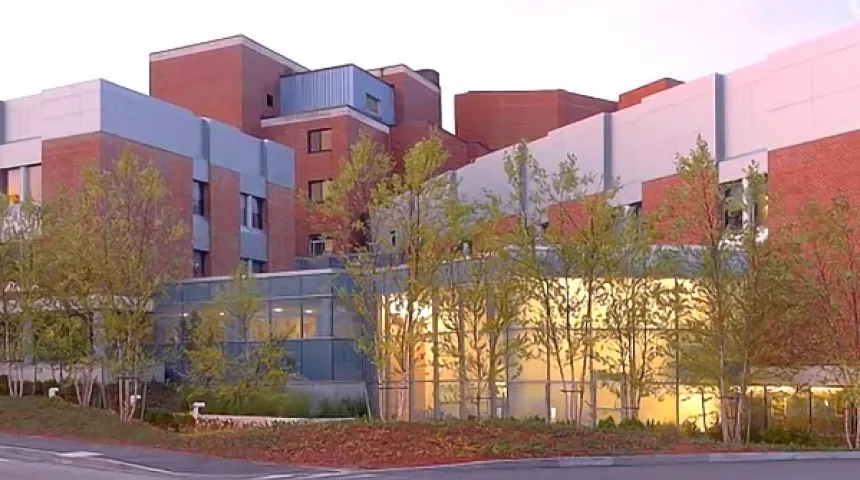
Milford-Hopkinton Obstetrics and Gynecology - Milford
221 East Main Street,
Suite 100,
Milford, MA 01757

221 East Main Street,
Suite 100,
Milford, MA 01757

200 Commerce Drive,
Suite 2,
Northbridge, MA 01534

2 Forge Parkway,
Franklin, MA 02038

194 West Street,
Suite 10,
Milford, MA 01757

169 West Main Street,
Hopkinton, MA 01748
It’s a directive that hospitals and health systems of every size know well — whether sprawling academic medical cente

14 Prospect Street,
Milford, MA 01757

1280 West Central Street,
Suite 302,
Franklin, MA 02038

1280 West Central Street,
Suite 102,
Franklin, MA 02038

1280 West Central Street,
Suite 103,
Franklin, MA 02038